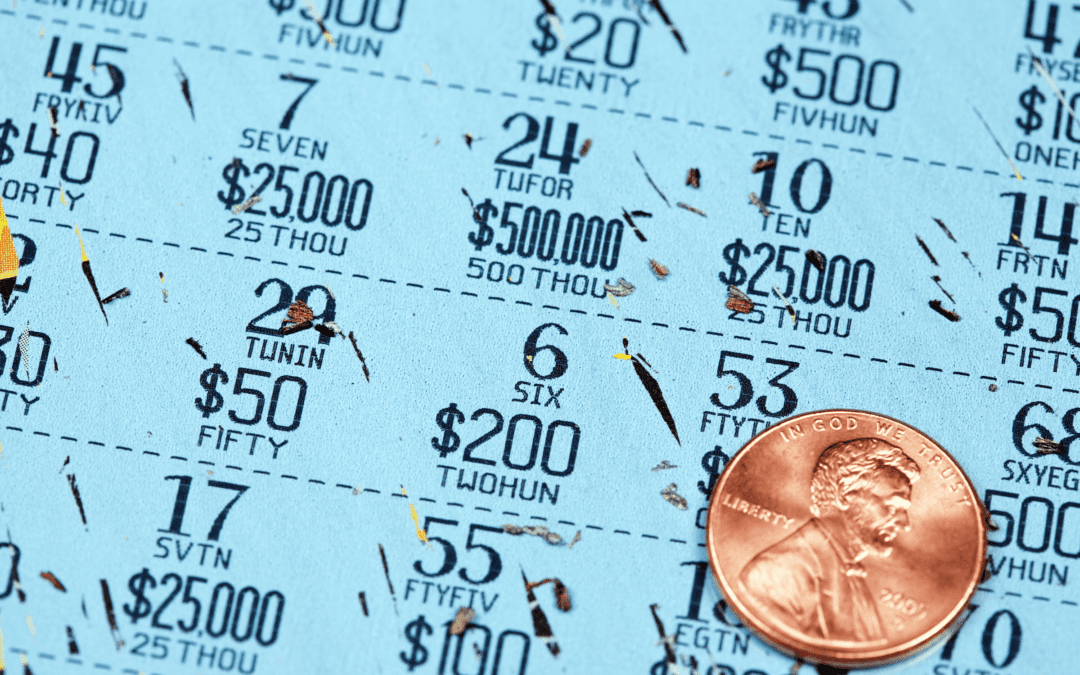The Minnesota Gambling Control Board plays a critical role in regulating gambling activity in Minnesota. Northern Light conducted the following Q&A with Matt Gettman, the agency’s executive director.
Q: What is the primary role of the Minnesota Gambling Control Board (MGCB)?
A: Our role is to regulate the lawful (charitable) gambling industry to ensure the integrity of operations (games) and provide for the lawful use of net profits (where the dollars go). There are a lot of moving parts with a lot of different stakeholders with potentially conflicting interests.
Q: Who are MGCB’s stakeholders?
A: Our stakeholders haven’t changed much over time. Licensees, the organizations that purchase gambling licenses, make up a large number of the stakeholders. Licensees include the manufacturer and distributor as well as the organizations. Other stakeholders include those we don’t license, such as the owners and managers of the premise permit locations (where the gambling activity takes place). Other stakeholders include bookkeepers and the accounting firms who assist licensees in determining where the dollars go.
State agencies are also stakeholders, such as the Minnesota Department of Revenue and the Minnesota Department of Public Safety. There are also local agencies, such as city councils, city clerks, city financial officers and planning commissions. We also deal with the associations that represent those groups, such as the League of Minnesota Cities. Stakeholders also include the targeted beneficiaries of the net profits from the lawful charitable gambling.
The last group of stakeholders includes the players, the public and even the non-players who are affected by the gambling taking place. This includes NPGA. We’re all part of the community in which this activity is occurring.
Q: What work are you doing related to COVID-19?
A: With mandates and protections for social distancing, there’s been a need to figure out how businesses can conduct their businesses without exposing or further exacerbating the virus issues. That includes not having bar service. So people who order drinks sometimes aren’t actually going to the bar counter. They may be seated in a parking lot that might not be owned by the establishment.
Beyond the immediate COVID issues, we’re always looking to improve the safeguards, flags and controls — all of which ensure integrity of playing games and use of the proceeds. We’re also involved in outreach and education so that all of our stakeholders, such as Northstar, are educated.
Q: What changes might take place because of the prolonged COVID-19 closings or reduced capacity in bars and taverns?
A: The impact has been as these establishments — these licensees —have restarted lawful gambling each deals with its own unique impact and, in some cases, additional local restrictions imposed by local municipalities.
For our part, we used the time of closures to take the initiative to do additional checks and audits we could never have done in the past. This has allowed us to identify organizations that were not properly accounting for funds or otherwise not supporting the integrity of lawful gambling.
Q: We’ve heard that sales for electronic pull tabs are going through the roof, but paper pull tabs are not. Do you have any idea why this is the case? Is there a perception that they’re somehow cleaner?
A: Social interaction and the desire to support local community causes has historically driven the paper games. The restricted number of people has, most likely, in turn impacted total sales. However, at this time, we have no data to support any conclusion.
Q: It seems that there’s a move in the U.S. toward cashless casinos. Do you foresee a time when credit cards will be allowed to purchase pull tabs? If not, why?
A: We don’t have the authority to allow the use of credit cards. That would require a statutory change by the state legislature. I don’t see this changing any time soon. However, when we reach that point of allowing the use of electronic means for gambling purchases, we will also have the ability to support self-imposed limits on those electronic accounts for problem gamblers.
Q: Do you foresee electronic pull tabs replacing paper altogether?
A: No, I don’t. They cater to two different game players. The ones historically playing paper see it as part of their social activities – collectively opening a pool of paper pull tabs in one social setting. However, because of the nature of electronic pull tabs, which are played by only one person at a time even when part of the same social circle, there’s a different social dynamic. Both forms of lawful gambling appear to be staging a strong recovery after the COVID pause, and neither appears to be replacing the other.
Q: Once the debt service is paid off for the Vikings stadium through electronic pull tabs, does the portion set aside for problem gambling services go away as well? Is there a specific sunset built into the legislation?
A: The MGCB has no stake in where dollars raised from charitable gambling go. Those directives are made by legislative mandate. There is no sunset provision for the funding of problem gambling services and it is not tied to the debt service for the Vikings stadium.
Q: Is there anything else you’d like to share about MGCB?
A: We’re trying to find more opportunities to engage with various shareholders. We’re happy to hear from anyone with ideas on how we can help educate folks in their respective circles and help them reach their respective objective. At the end of day we are one community.

